Last Updated on February 2, 2023
There’s nothing quite as exciting (or memorable) as your Dungeons & Dragons character’s first magic item. Whether you pulled it from a dragon wyrmling’s hoard, bought it at a black market wizard auction, or won it in a game of cards with a Rakshasa, the first magic item your character is likely to get their hands on in D&D 5e will probably be an “Uncommon” one.
From iconic pieces of adventuring gear like the Bag of Holding to hidden gems like the Staff of the Python, this guide has rounded up the best Uncommon magic items. Also, while there are great Uncommon magic items tailored to specific classes (like the base version of the Rod of the Pact Keeper), this guide sticks largely to items that are not only interesting, unique, and powerful but can also be used by almost any adventurer.
What Is an Uncommon Magic Item in DnD 5e?
“Uncommon” refers to a magic item (which can refer to a weapon, piece of armor, ammunition, wondrous item, or consumable like a potion or spell scroll) that is rarer than Common and more common than Rare.
Whether a magic item is Common, Uncommon, Rare, Very Rare, Legendary, or an Artifact depends on how powerful it is, how much it costs, and how difficult it is to even find one relative to other magic items. An item’s rarity corresponds roughly to the minimum level that a character typically might be expected to get their hands on it and can also be used to set an item’s price — assuming you’re playing in a setting where magic items are bought and sold.
Best Uncommon Magic Items in DnD 5e
Alchemy Jug
Wondrous Item, uncommon
A ceramic jug that can hold a gallon of liquid and emits a sloshing sound regardless of whether it is full or empty.
The jug can magically produce varying amounts of different liquids (listed below) as an action at a rate of up to 2 gallons per minute. Once the jug starts producing a liquid, it can’t produce a different one or more of one that has reached its maximum until the next dawn.
The Alchemy Jug is one of those items that, while technically not anywhere nearly as powerful as a +1 magic sword or a wand that shoots magic missiles, will immediately become one of the party’s go-to problem-solving tools.
Whether you’re producing poison to assassinate an enemy, honey to pacify a rowdy bear, acid to eat through a lock, or oil to keep the party’s lamps alight, the only limit to this item’s usefulness is your imagination.
Bag of Holding
Wondrous Item, uncommon
This magical bag is larger on the inside than it appears, and past its 2-foot diameter mouth, it opens up into a roughly 4-foot deep space that can hold up to 500 pounds, not exceeding a volume of 64 cubic feet. The bag weighs 15 pounds regardless of its contents. Retrieving an item from the bag requires an action.
If the Bag of Holding is overloaded, pierced, or torn, it ruptures and is destroyed. Its contents are scattered in the Astral Plane. If the bag is turned inside out, its contents spill forth, unharmed, but the bag must be put right before it can be used again. Creatures inside the bag that need to breathe can survive for 10 minutes divided by the number of creatures in the bag, after which time they start suffocating.
If a Bag of Holding is placed inside an extradimensional space created by another magical device (like a handy haversack, portable hole, etc.) both items are immediately destroyed, and the process opens the gate to the Astral Plane, which sucks any creature within 10 feet of the gate through to a random location on the Astral Plane.
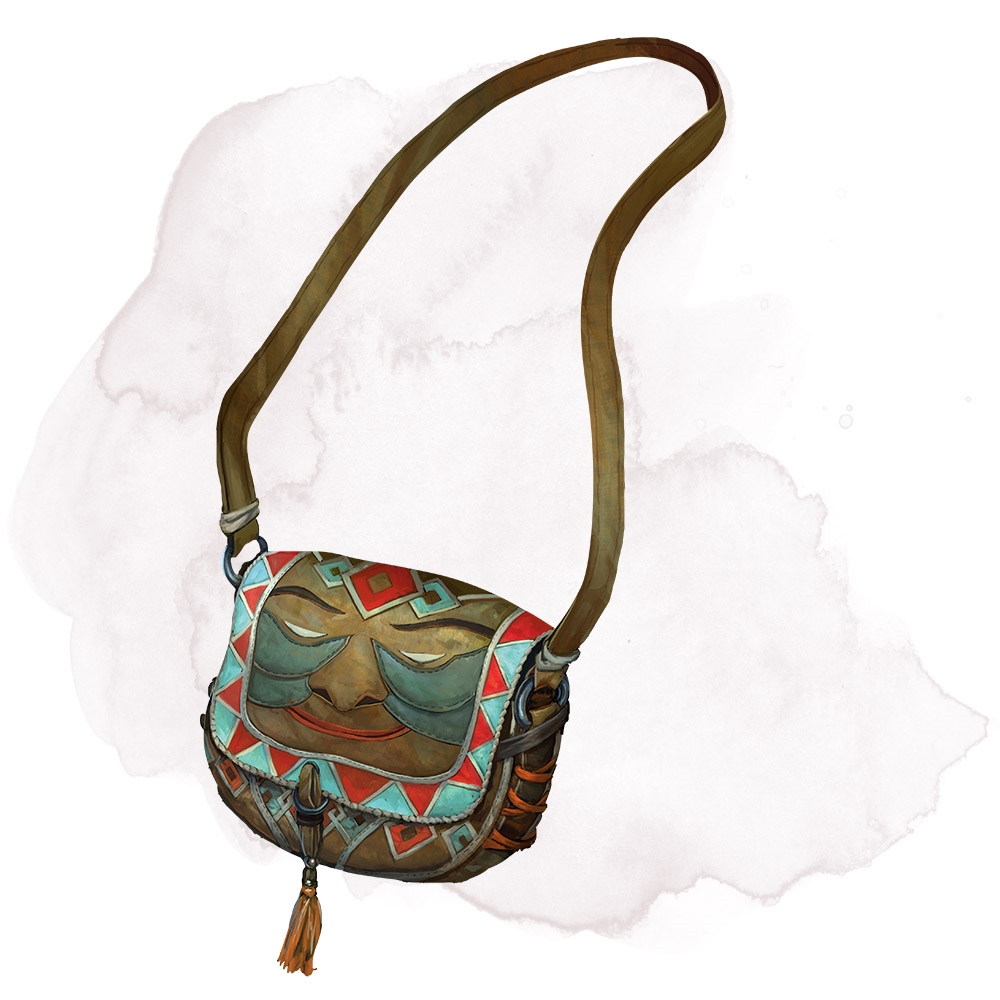
Another iconic piece of adventuring gear, the Bag of Holding is not only the perfect accessory for any adventurer whose DM tracks encumbrance, but it is also an invaluable tool for smuggling weapons, allies, or contraband, not to mention banishing any creature you don’t like to the Astral Plane.
The Bag of Holding is one of those items that, if you just consider its primary function, is a pretty boring piece of gear. However, as something that’s been around since the earliest editions of the game (when hauling piles of heavy treasure out of the dungeon was more or less the only way to get XP, thus making this an absolutely god-tier item), it’s all the weird extra rules that the Bag of Holding has picked up throughout the editions that make this a really exciting item.
Bag of Tricks
Wondrous Item, uncommon
A gray, rust, or tan-colored cloth bag containing small, indistinct fuzzy objects. Three times per day, as an action, you can throw one of these objects onto the ground where it randomly transforms into an animal or monster (the exact types available are determined by the color of the bag) that obeys your command. The creature vanishes at the next dawn or when it is reduced to 0 hit points.
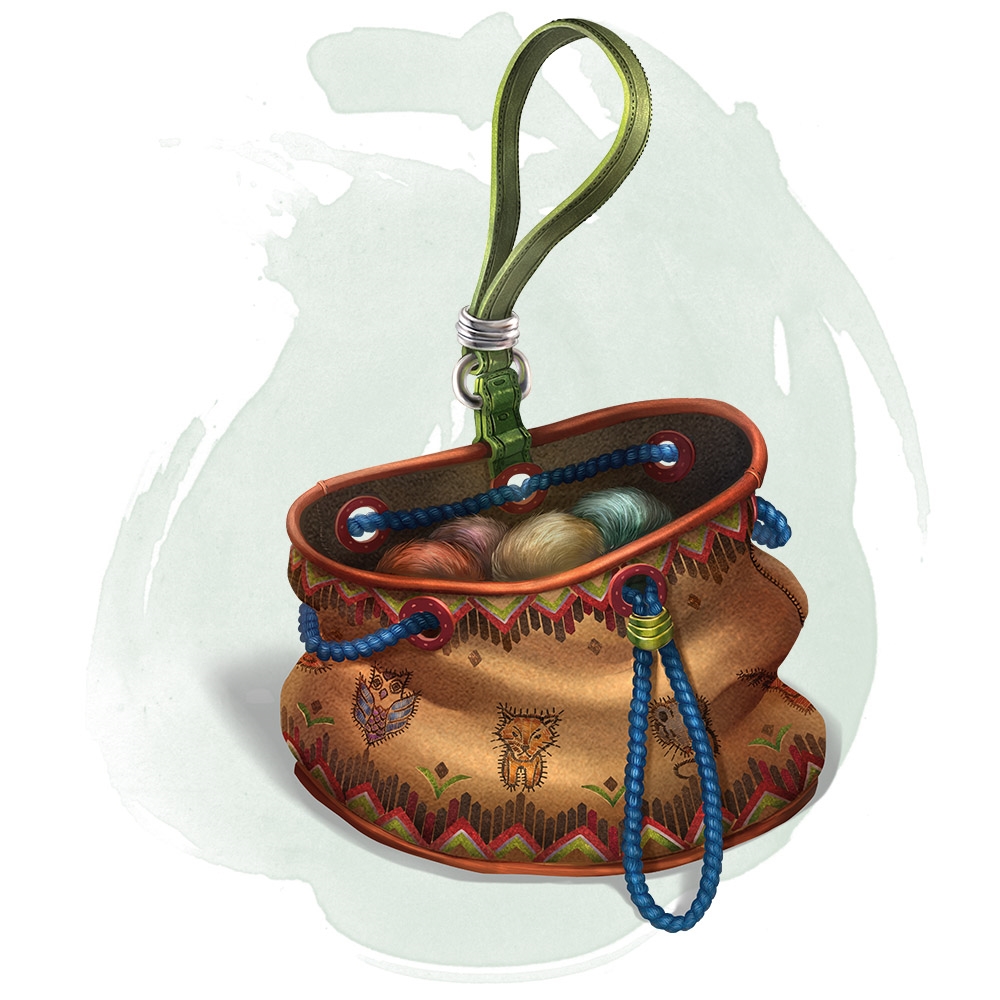
Hey kids, you ever played Pokemon roulette? The option to add scouting (if you get something like a weasel or an owl), muscle (the brown bear, the giant hyena, the tiger, etc.), or even a mount (like the Axe Beak, Giant Goat, Mastiff, or Giant Elk) to your party is fantastic, and the randomization really forces you to think on your feet — especially if you were hoping for a fearsome ally in battle and you end up with a rat.
I’m a huge fan of this magic item as it’s reusable, adds an extra attack and chunk of hit points to the party, and will never fail to create interesting situations for your players.
Boots of Elvenkind
Wondrous Item, uncommon
While wearing these boots, your footsteps make no sound — regardless of the surface. Also, you have advantage on Stealth checks that rely on moving silently.
Boots of Elvenkind are the quintessential friend of Rangers, Rogues, and other sneaky characters — but also a great way for adventurers in heavy armor to cancel out their permanent stealth disadvantage.
Broom of Flying
Wondrous Item, uncommon
A simple wooden broom that, when its command word is spoken, can be ridden and flown through the air at a speed of 50 feet. The broom can carry up to 400 pounds, but its speed is reduced to 30 feet if it is carrying more than 200 pounds.
The broom’s rider can send the broom away to a familiar location within a mile, where it waits until the command word is spoken, at which point (assuming the rider is still within a mile) the broom returns to its master.
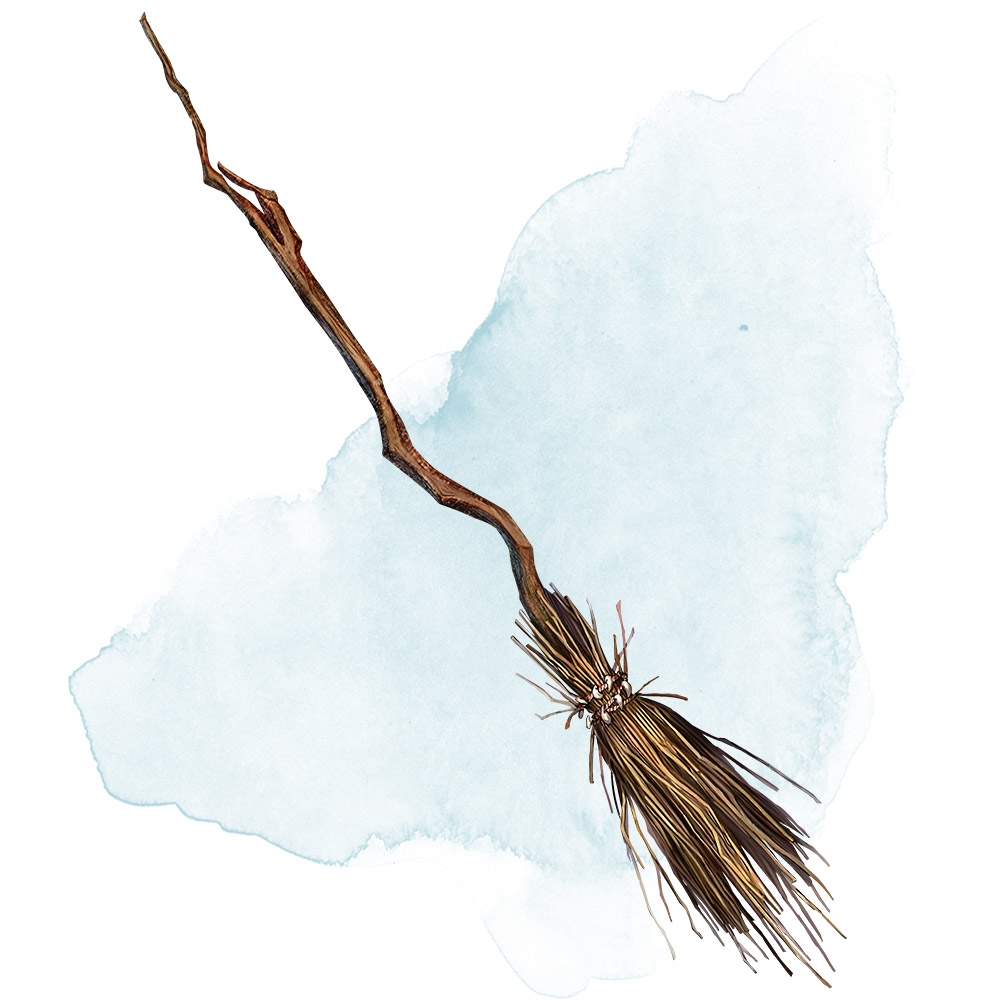
The flying broomstick is a staple of stories about magic and adventure. At lower levels when mobility spells like Misty Step, Fly, and Teleport are likely to be thin on the ground, the added mobility that a broom provides can be very impactful. Also, the ability to have the broom wait nearby to be summoned can make for an excellent escape plan, especially if your character is willing to say something really cool and then jump off a building.
Dust of Disappearance
Wondrous Item, uncommon
A small packet of enchanted powder which, when thrown into the air, covers a 10-foot radius. All creatures and objects within the radius of the dust become invisible for 2d4 minutes. If a creature affected by the dust attacks or casts a spell, the invisibility ends for that creature.
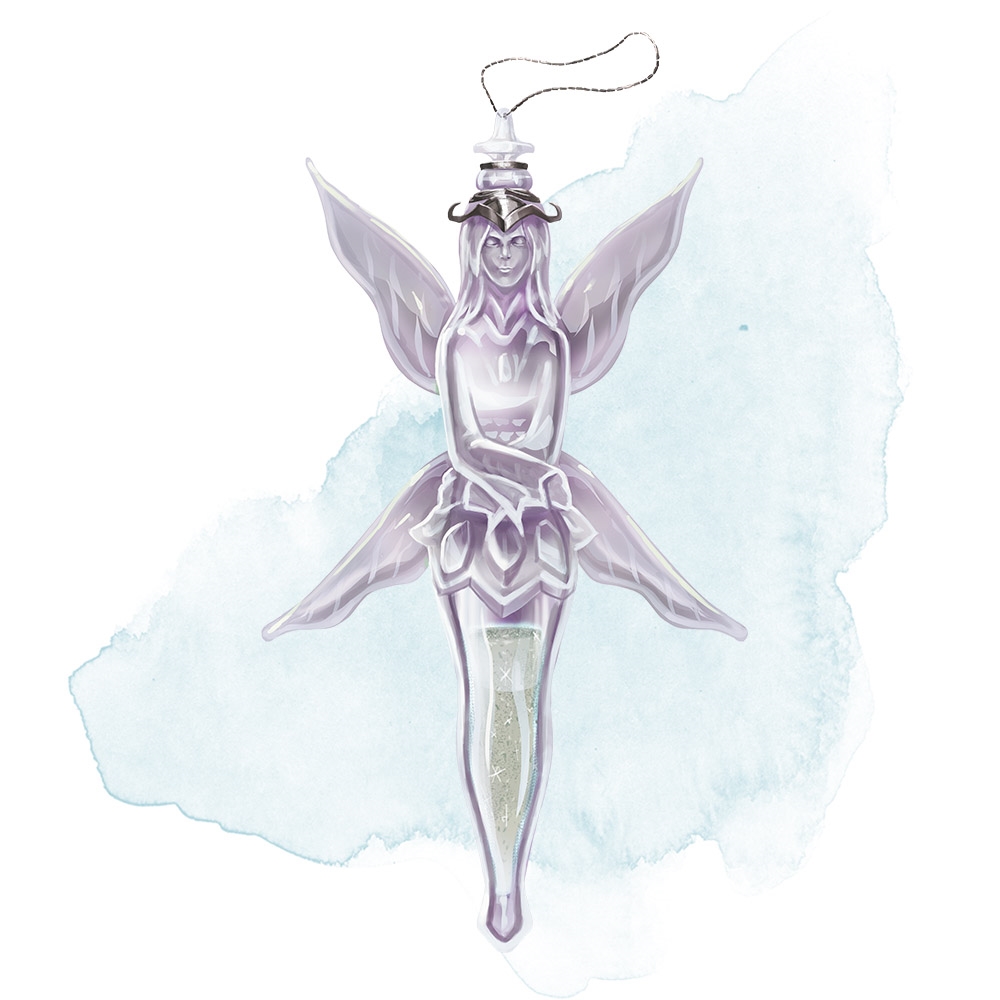
One of the best ways as a GM to give players interesting, powerful items without completely trivializing all the challenges I have planned is to make those powers a one-time thing. Consumables like spell scrolls, potions, and even magical tattoos are a great way to temporarily increase your players’ characters’ effectiveness without them suddenly experiencing a massive and permanent increase in power.
Spell scrolls and potions are not only well known and understood, but mechanically they’re fairly straightforward. Magic dusts, on the other hand, are fantastic and far enough between that they really feel unique. Dust of Disappearance, with its ability to catch a whole party in its radius and turn them invisible, is remarkably powerful, but the short and unreliable duration should prevent the players from abusing this power too carelessly.
In campaigns where my players have run into local thieves’ guilds, those thieves’ operatives almost always carried a few pouches of Dust of Disappearance on them for clandestine operations. I think it’s a truly must-have item for any Rogue.
Gloves of Missile Snaring
Wondrous Item, uncommon (requires attunement)
Magical gloves that allow you to reduce damage from incoming ranged weapon attacks by 1d10 – your Dexterity modifier using your reaction. This requires you to have a free hand.
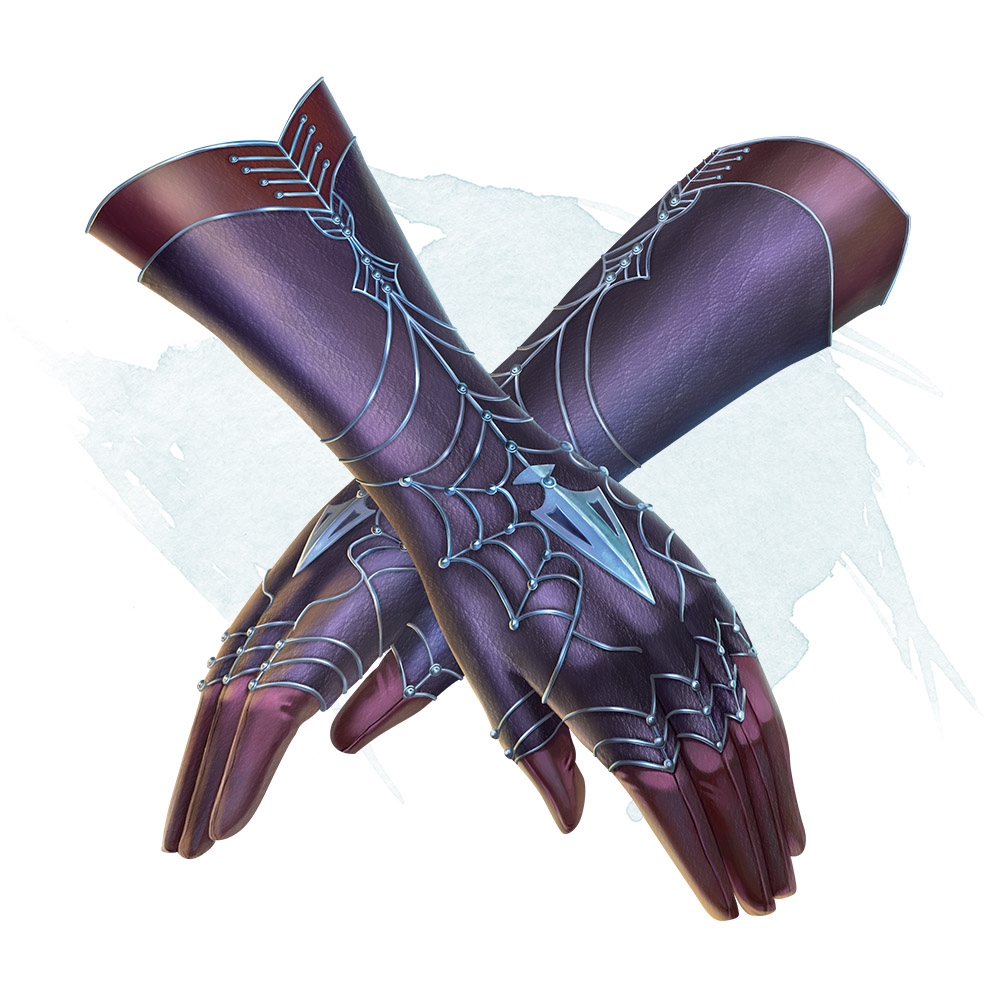
Any character who struggles with survivability, has decent Dexterity, and reliably has a free hand can make great use of these gloves. I know that checklist might initially seem to scream Rogue (and it’s true that Rogues are a great choice here, especially the Swashbuckler), but spellcasters without armor proficiency, like Wizards, Sorcerers, and Warlocks, are also prime candidates for this interesting, unique defensive item.
Pipes of the Sewers
A character who is proficiency with wind instruments can attune to these magical pan pipes. While attuned, rats and giant rats are indifferent to the wielder, who can also use one of the pipes’ 3 charges (it regains 1d3 charges each day at dawn) to summon a swarm of rats from the surrounding ½ mile.
While playing the pipes, the wielder can make a Charisma check to charm a swarm of rats, which lasts as long as the music continues and the rats can hear it.

A classic fairytale magic item that provides not just a unique form of summoning but plenty of ways to creatively get around problems. Need a distraction? Swarm of rats. Need dinner and aren’t that fussy? Swarm of rats. Need a side hustle summoning swarms of rats with your magic flute and then making local peasants pay you to lead them out of town again? Need I say more?
Also, being able to waltz right through crowds of giant rats feels like a real cheat code for low-level D&D.
Ring of Water Walking
Ring, uncommon
While wearing this item, you can walk across any liquid as though it were solid ground.

Though the name suggests its intended use, the Ring of Water Walking’s actual remit is much broader, whether you need to cross a lake of acid (you’ll still probably lose your shoes), lava (again, RIP your shoes), or other unpleasant and caustic substances. The best bit is that, because the ring doesn’t require attunement, once one member of the party has crossed safely, they can throw (or shoot attached to an arrow, just to be on the safe side) the ring back to the waiting party members.
Staff of the Python
Staff, uncommon (requires attunement by a Cleric, Druid, or Warlock)
A wooden staff which, when its command word is spoken, transforms into a Giant Constrictor Snake under the wielder’s control. If the snake dies, the staff is also destroyed.
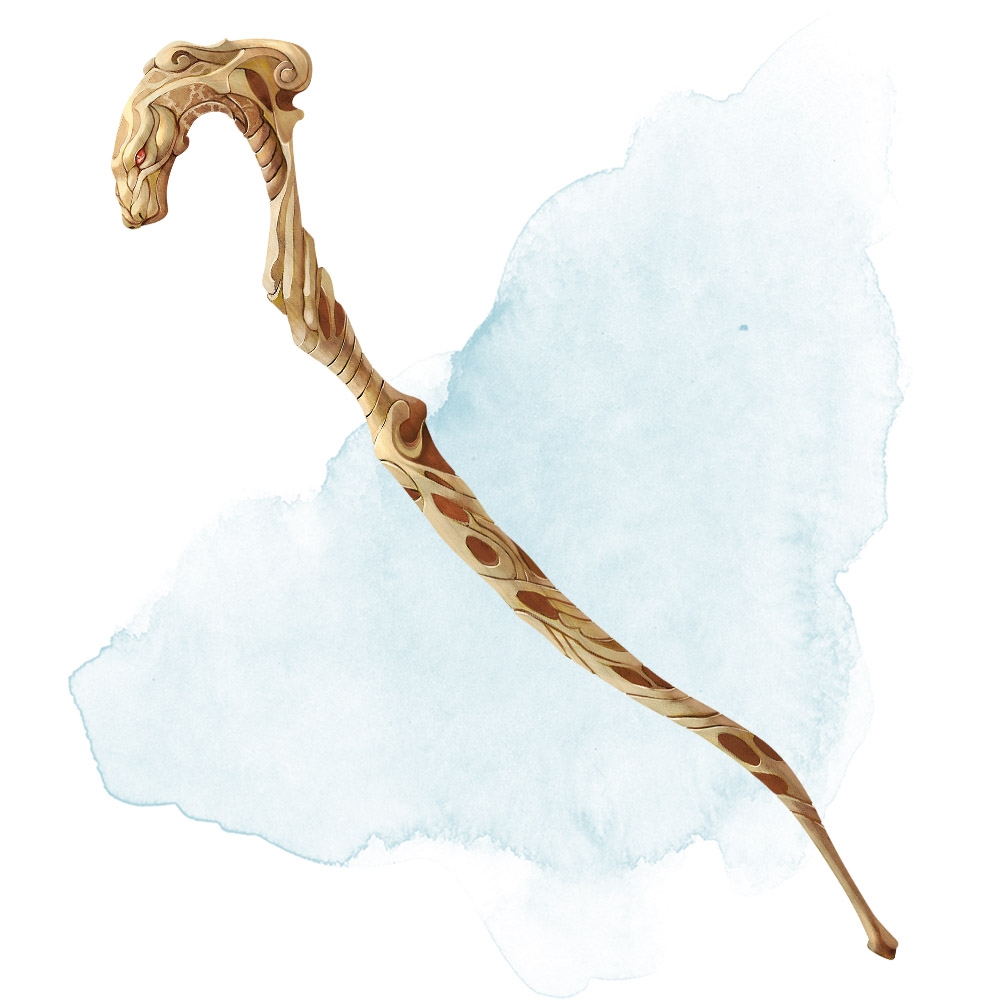
The Staff of the Python is probably one of the most powerful magic items available to lower-level D&D characters, which is why I had to include it, even though it’s only for Clerics, Druids, and Warlocks. The ability to summon a giant constrictor snake (a size Huge, CR2 monster with a powerful constrict attack that restrains enemies) an unlimited number of times (1 bonus action to revert the snake to staff form, then an action to resummon it with full hit points again, and then a free action to command the snake to continue fighting) is simply outrageous.
Weapon of Warning
Weapon (any), uncommon (requires attunement)
A magic weapon that prevents its wielder and any allies within 30 feet from being surprised at the start of combat, unless incapacitated by something other than normal, nonmagical sleep. If the wielder is sleeping naturally, the weapon wakes them and their companions at the start of combat.
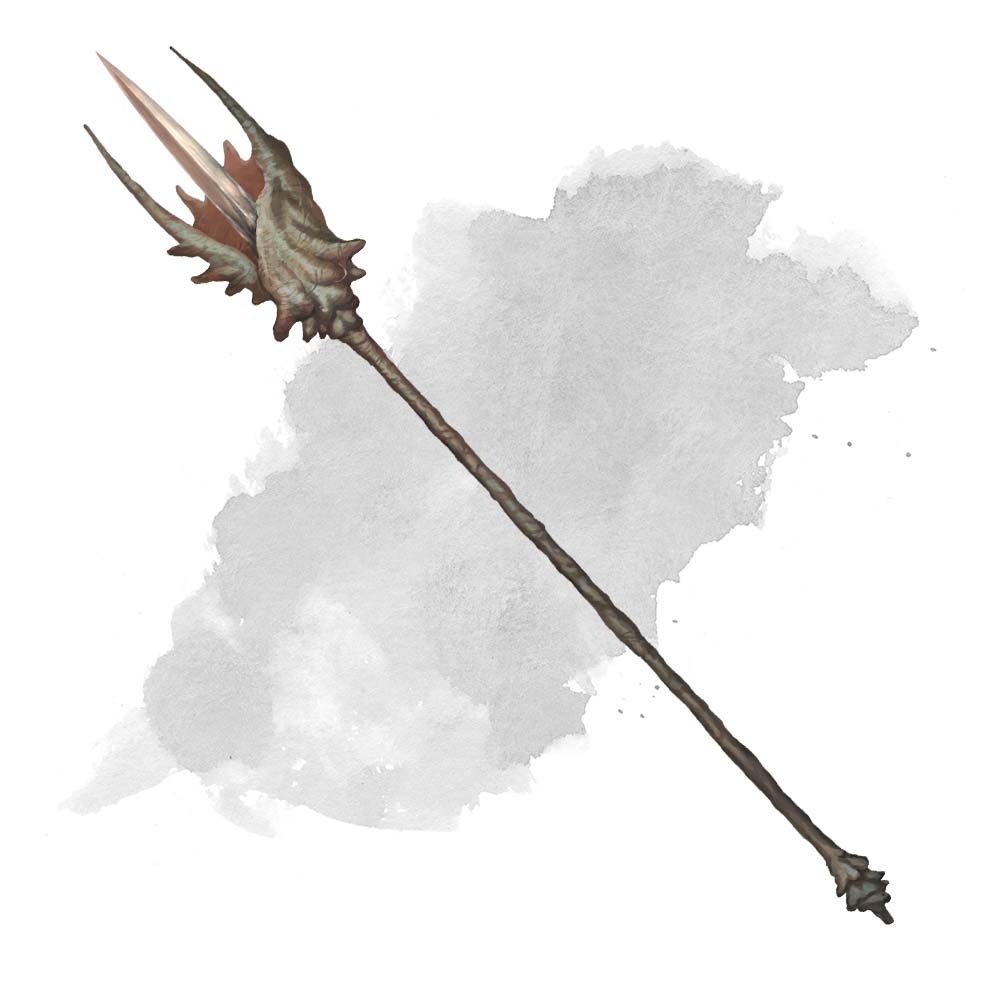
Never having to sleep in shifts or worry about getting ambushed by goblins ever again is enough to make a Weapon of Warning an essential item for adventurers in enemy territory. Also, because any weapon, from a sword to a whip, can be a Weapon of Warning, they can be tailored to suit any member of the group.
That’s all from us on our 11 favorite Uncommon magic items in D&D 5e. Which one can’t you wait to use? Which ones did we miss? Let us know down in the comments, and until next time, happy adventuring.
I played my first tabletop RPG (Pathfinder 1e, specifically) in college. I rocked up late to the first session with an unread rulebook and a human bard called Nick Jugger. It was a rocky start but I had a blast and now, the better part of a decade later, I play, write, and write about tabletop RPGs (mostly 5e, but also PBtA, Forged in the Dark and OSR) games for a living, which is wild.
